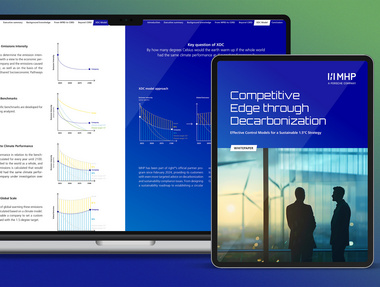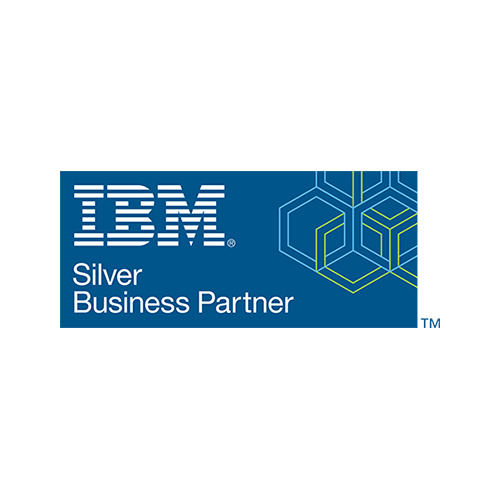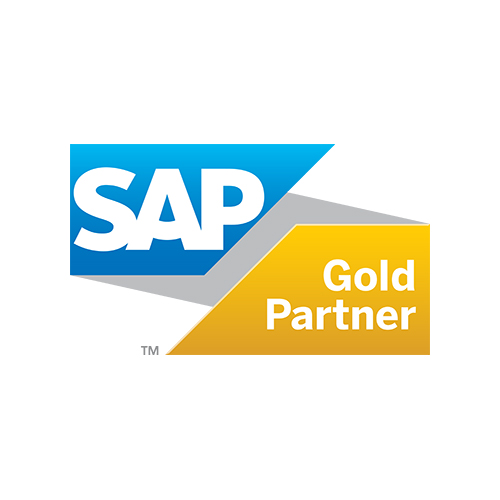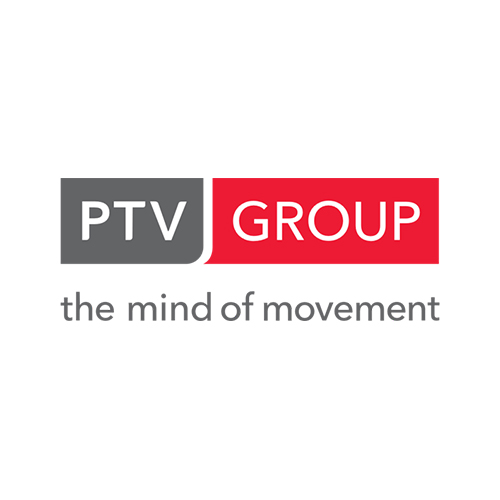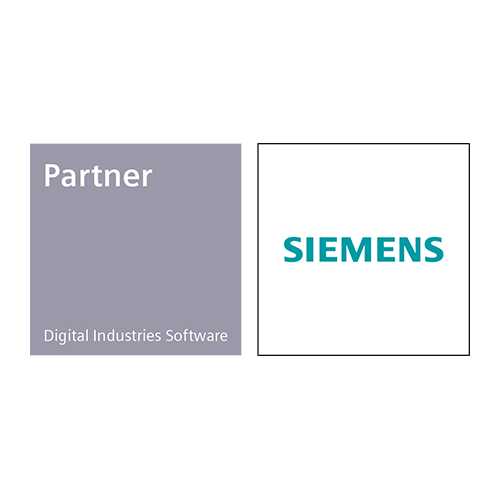

Sustainability as the Key to the Future
Transforming to sustainable economic management is the greatest challenge but also the greatest opportunity for industry.
Transform to sustainable economic management with help from MHP.
Whether your scenario is time critical, highly complex due to a wide range of factors and corporate divisions, or based on the need to choose an optimal investment strategy, any transformation to sustainable practices is a major challenge. However, doing business in a sustainable way will soon become a necessity. The question is not “whether” the transformation will take place, but “how” we can make it a success.
To harness this opportunity and fully implement a sustainable approach, an orchestrated transformation of the entire operating model is necessary. And this is how to make sustainability part of your company’s success story!
Our competencies
Sustainability Roadmap
Sustainable transformation projects usually start with the question “how do we do this?” Our Sustainability Roadmap service offers a methodology for answering this question. The goal of this methodology is to create a transparent, holistic, and measurable plan to help companies offer more sustainable products and services, and implement more sustainable processes and value-oriented corporate governance systems. Our methodology is based on various tried-and-tested MHP evaluation methods that have been adapted to ensure that it creates added value for our customers.
ESG Rating & SDG Targeting
Once sustainable transformation is adopted as an objective, companies need effective and efficient management systems that measure and record their individual contribution to sustainable development. An increasing number of regulatory requirements, such as the EU taxonomy, reiterate this need for transparency.
We help our clients to identify KPIs that support the UN’s 17 Sustainable Development Goals and conform to the ESG criteria applicable to the finance market, to measure and communicate progress, and to therefore strengthen their (capital market) position.
Circular Economy
Breaking the link between economic growth and the consumption of resources is a core element of sustainable transformation. The aim is to move away from a linear economy and linear ways of working in favor of a sustainable yet profitable circular economy. Closed loops generate new business models, while conserving or reusing resources leads to cost reductions.
We empower our customers to take an end-to-end approach, considering everything from data management to the implementation of closed loops and design techniques that cover the entire product lifecycle, and adopting innovative, circular business models.

Emissions Management
CO2-equivalent emissions are currently the most important indicator of sustainability. We support our customers on their journey to becoming net zero. To do this, we determine a company’s existing corporate and product emissions and implement a transparent, effective and data-driven management concept for reducing and preventing emissions along the entire value chain within the company and throughout the entire product lifecycle.
Sustainable Value Chain
Our Sustainable Value Chain service is about transparency from one end of the value chain to the other. All sustainability factors are relevant to our analysis: environmental, economic and social. We recognize that it is not just the complexity of global supply chains that is challenging. We know that the long-term resilience of supply chains is crucial to our clients. End customers also have high expectations when it comes to transparency and global responsibility – a factor that becomes even more complex when the German Supply Chain Act is taken into account. Our expertise means we can guide our clients toward creating transparency and taking responsibility.
Digital Responsibility
MHP believes digitalization is the key to sustainable transformation, but this makes it even more important for our clients to understand their responsibilities in the digital world.
Digital ethics, fair data, and algorithms that exclude discrimination of any kind are just a few of the key areas that we advise on via our Digital Responsibility service. This service also demonstrates that our portfolio offers our clients a holistic approach that covers the digital world in addition to the more obvious issues related to sustainability.
Insights
Our partners
Strategic partners we work with in the Sustainability sector
MHP enhances its service portfolio with strategic, trustworthy and sustainable partnerships for maximum added value for our customers. The strategic MHP partner network includes regional and global companies spanning technology providers, institutions, associations and startups. This enables us to offer our customers holistic skills in the vertical integration of consulting, from strategy and management consulting to system integration and software development.
Your contact
You would like to learn more or would like a consultation on the topic?
